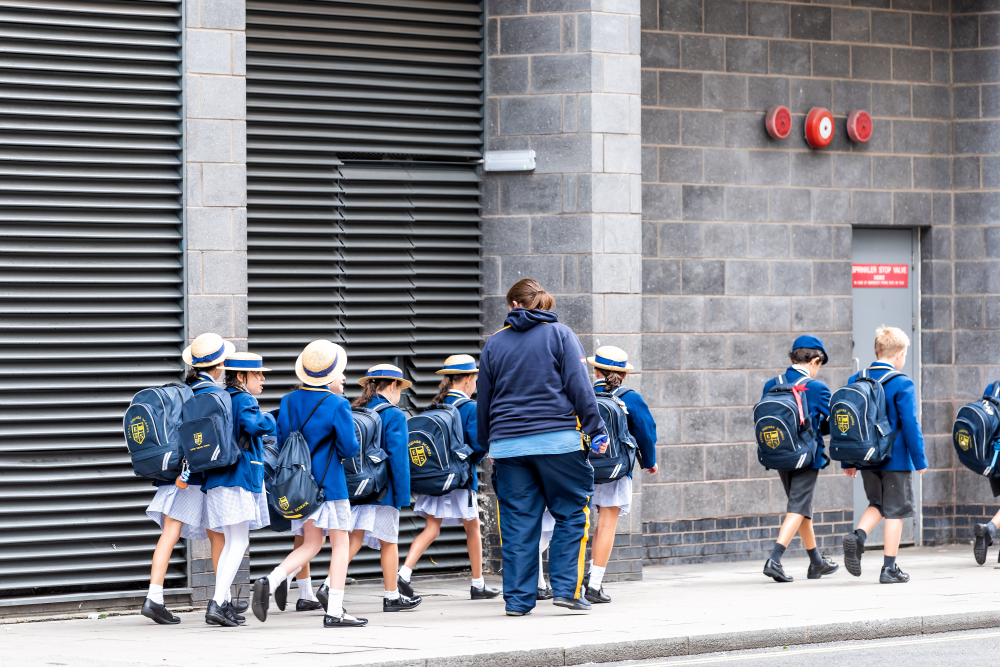Life Stages: Childhood
Children in the UK experience childhood in much the same way as children in other wealthy Western countries. Grandparents provide childcare in many families and have assumed an important role in family communication and contributing to the social development of their grandchildren.
Talking, listening, and playing with children are considered vital aspects of parenting; however, with both parents struggling to keep up their careers and family obligations, the distance between parents and children in the UK has generally been widening. The resulting emotional deprivation has been noted by UNICEF and is generally considered to have had a negative impact on the social development of British children. One in three children were living in poverty in the early decades of the 21st century.
School
The school system in the UK is divided into several key stages, and education is compulsory for children between the ages of 5 and 18. The system can vary slightly among England, Scotland, Wales, and Northern Ireland but generally follows the same structure.
Ages 3 to 5 are the nursery and reception years, focusing on basic learning and development. In England, Wales, and Northern Ireland, primary education includes Key Stage 1 (ages 5–7) and Key Stage 2 (ages 7–11). In Scotland, primary education goes from ages 4–11 or 512.
In England, Wales, and Northern Ireland, secondary education includes Key Stage 3 (ages 11–14) and Key Stage 4 (ages 14–16). A student typically takes the General Certificate of Secondary Education (GCSE) at the end of Key Stage 4. In Scotland, secondary education covers ages 12–18. A Scottish student takes the National 5 (similar to the GCSE) and can then proceed to Highers and Advanced Highers.
Work
In the United Kingdom, children can start working part-time at the age of 13, except for children involved in areas such as television, theatre, and modeling, who can start at a younger age with specific regulations and parental permission. However, there are strict rules on the types of work children can do, the number of hours they can work, and the conditions under which they can work.
Britain was the first country in the world to industrialize, and child labor was a serious political and social issue in the 19th century. Although legislation that prohibits the practice is in effect, the laws on child employment involve regional directives, national laws, and local bylaws that are quite complex. The result is that both children and their employers lack a clear picture of the regulations affecting them.
Once a young person turns 16 and is no longer of compulsory school age, they are typically subject to fewer restrictions and can start working full-time. However, there are still special laws to protect young workers until they turn 18.
Copyright © 1993—2024 World Trade Press. All rights reserved.

 United Kingdom
United Kingdom 
